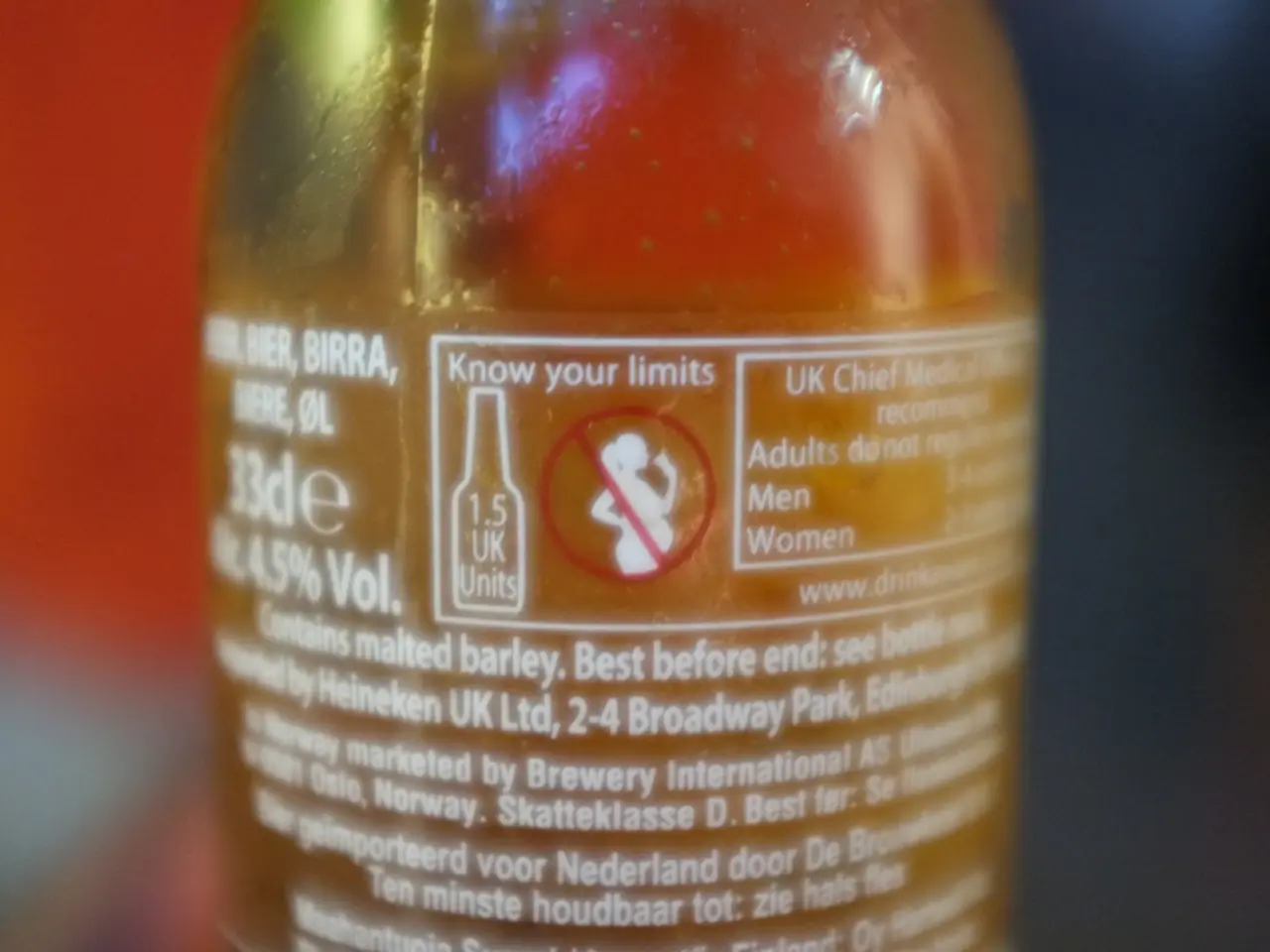Monolaurin: Its Advantages, Applications, Forms, and Potential Adverse Reactions
Monolaurin, a derivative of lauric acid, is gaining attention for its potential antimicrobial properties. This chemical compound, found in coconut oil, human breast milk, and other natural sources, is used in various industries, including food production and cosmetics, and can also be taken as a dietary supplement [1].
While the antimicrobial and antiviral properties of monolaurin are recognised, there is limited direct evidence from current clinical trials or human studies specifically investigating its efficacy and safety as an antimicrobial agent [1]. This means that while monolaurin is being explored for therapeutic use against viral infections such as influenza and herpes, more clinical evidence is needed to confirm its effectiveness in humans.
The research on the effects of monolaurin in people is still in its early stages, but some preliminary findings suggest that it may be helpful for treating infections caused by several species of ringworm and the parasite, Giardia lamblia. However, explicit details on ongoing or completed clinical trials or formal human studies evaluating monolaurin’s safety profile and clinical efficacy are not readily available [1].
In the realm of pharmaceutical applications, much of the research on lauric acid and its derivatives like monolaurin remains at the experimental or developmental stage. This includes topical treatments for skin infections and antiviral formulations [1].
It's important to note that monolaurin has not been evaluated as a treatment for any condition by the FDA. As such, anyone considering using monolaurin as a dietary supplement or for any other purpose should consult a pharmacist or doctor, especially if they are pregnant, breast-feeding, taking any medications, or diagnosed with any medical conditions.
Monolaurin has been shown to inhibit the activity of other types of bacteria, including Escherichia coli (E. coli) and Bacillus subtilis. It has also demonstrated antibacterial effects against a range of bacteria, including antibiotic-resistant bacteria called Staphylococcus aureus (Staph) [1].
The appropriate dose of monolaurin may depend on several factors, including age, health status, and presence of other conditions. Currently, there are no dosage guidelines available for monolaurin.
Monolaurin has also been reported to inhibit several lipid-coated viruses that affect humans and animals, including cytomegalovirus, measles, Herpes simplex-1, Herpes simplex-2, HIV, visna virus, Epstein-Barr virus, and influenza. It has antifungal effects and can treat infection with the common fungus, Candida albicans [1].
However, it's crucial to remember that the research on monolaurin is ongoing, and more clinical evidence is needed to fully understand its potential benefits and risks. For the most up-to-date trial data, consulting clinical trial registries such as ClinicalTrials.gov or professional scientific databases may provide emerging studies not covered in these sources.
Lastly, anyone allergic to coconuts should not use coconut oil or monolaurin that has been made from coconut products.
In conclusion, while the antimicrobial potential of monolaurin is acknowledged, definitive clinical trial data or human studies on monolaurin are not yet well-established or widely available. Continued research and clinical validation are needed to substantiate monolaurin’s role as an antimicrobial agent in medical practice [1].
[1] Source: Various scientific articles and research studies available online.
- Other nutrition sources may benefit from the inclusion of monolaurin, a derivative of lauric acid, due to its potential antimicrobial properties, which could support health-and-wellness by combating certain bacteria and viruses.
- In the realm of nutrition science, supplements containing monolaurin are being investigated for their therapeutic use in various therapies-and-treatments, particularly against viral infections, though more clinical evidence is needed to determine its efficacy and safety in humans.
- The appropriate usage of monolaurin, whether for nutritional supplements, topical treatments, or antiviral formulations, should only be determined after consulting with healthcare professionals, given the limited available information regarding its dosage guidelines and potential interactions with other health conditions or medications.








